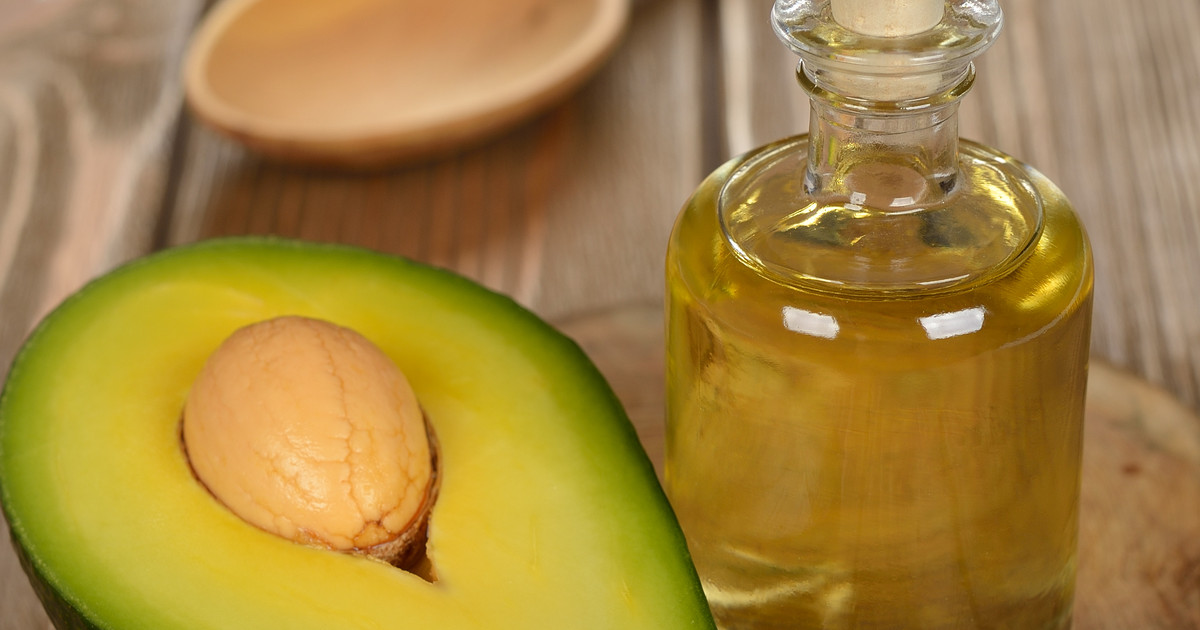Preventing Congestive Heart Failure In Women
In congestive heart failure, the woman’s heart isn’t pumping blood rich in oxygen as well as it should be doing. Symptoms of heart failure include chronic fatigue, weight gain due to fluid retention, coughing, shortness of breath, chest pain, an irregular heartbeat, fluid in the abdomen, appetite loss, and an inability to exercise. This is typically the result of heart muscle damage or stiff ventricles. Many conditions can damage the heart and lead to heart failure, including high blood pressure, diabetes, obesity, heart attacks, cardiomyopathy, and arrhythmias.
Thankfully, there are many ways to prevent heart failure and cure it before it starts. Those dealing with blood pressure issues are encouraged to use a blood pressure monitor. Several medications can help prevent heart failure, including blood pressure and cholesterol meds. Effective diabetes treatment with insulin and a regular blood sugar check also help. It’s all about reducing the risk!

Follow Medical Treatments
Many medical conditions increase a woman’s risk of developing heart failure. All women need to ensure they’re following the medical treatments prescribed to them to better manage their health and prevent complications like heart failure. High blood pressure, for instance, is a major contributor to heart failure. It is also one of the most common in women!
60 percent of women with heart failure also have high blood pressure. They’ll need to take blood pressure medication to help. Diabetes is another big one, so women must monitor their blood sugar and take insulin as directed. Managing medical risk factors like this is the best prevention against congestive heart failure.
Lose Excess Weight
Excess weight impacts heart failure in several ways. Obesity itself raises the risk of developing heart disease and diabetes, both of which make women more likely to develop heart failure. It is also its own risk factor even without a medical condition on top of it! Studies show women who were considered obese were at a 50 percent higher risk of heart failure than those who maintained a healthy weight. The heart has to work harder when women are carrying excess weight around! So losing excess weight through diet and exercise is key. Start with controlling portion sizes and making healthy choices like lean proteins and whole grains.

Get Lots Of Exercise
Regular exercise is a powerful tool for preventing heart failure in several ways. It helps women shed excess weight by burning calories and building muscle. It also increases heart health when cardio exercise is included! Many reports also show it helps keep blood sugar stables and boosts insulin sensitivity, which helps women manage diabetes very well.
Great exercises to start with include brisk walking, swimming, yoga, and strength training. It’s important to develop a well-rounded exercise program for the best benefits! Alternate the types of exercises and muscle groups they target. Finding an enjoyable workout is also beneficial! Countless apps provide routines and offer motivation for exercising regularly.
Consume Good Fats In Diet
Women must reduce their consumption of saturated and trans fats in their diet to help boost the health of their heart. Both of these fats increase LDL cholesterol, which is the unhealthy kind! High cholesterol puts people at a higher risk for heart disease, stroke, and several other conditions. These conditions can all trigger heart failure.
Of course, there are heart-healthy fats out there! Unsaturated fats, which can be found in olive oil, avocados, walnuts, omega-3 eggs, and cold-water fish, among others, greatly benefit the heart. These fats lower cholesterol and triglycerides, boosting the health of the heart. Women should replace saturated fats with unsaturated fats in their diet wherever possible. Including more sources of good fats helps too. Avocados, for example, make an amazing smoothie base!

Reduce Salt Intake
Women must pay attention to the salt in their diet. Too much salt contributes to high blood pressure! Many women add salt while cooking. Instead of doing this, they should look at other spices to get their flavor. It also means reducing how much processed food they consume, as processed foods contain lots of sodium. When women do consume processed foods, including canned soup, they should look for varieties marked ‘low sodium’ wherever possible.
Adjusting to lower salt will take time, but it’s worth it! Reading nutrition labels to see sodium content is vital. Remember, the best sodium intake is less than 1,500 milligrams daily, though it should never be more than 2,300 milligrams. One teaspoon of salt is 2,300 milligrams!